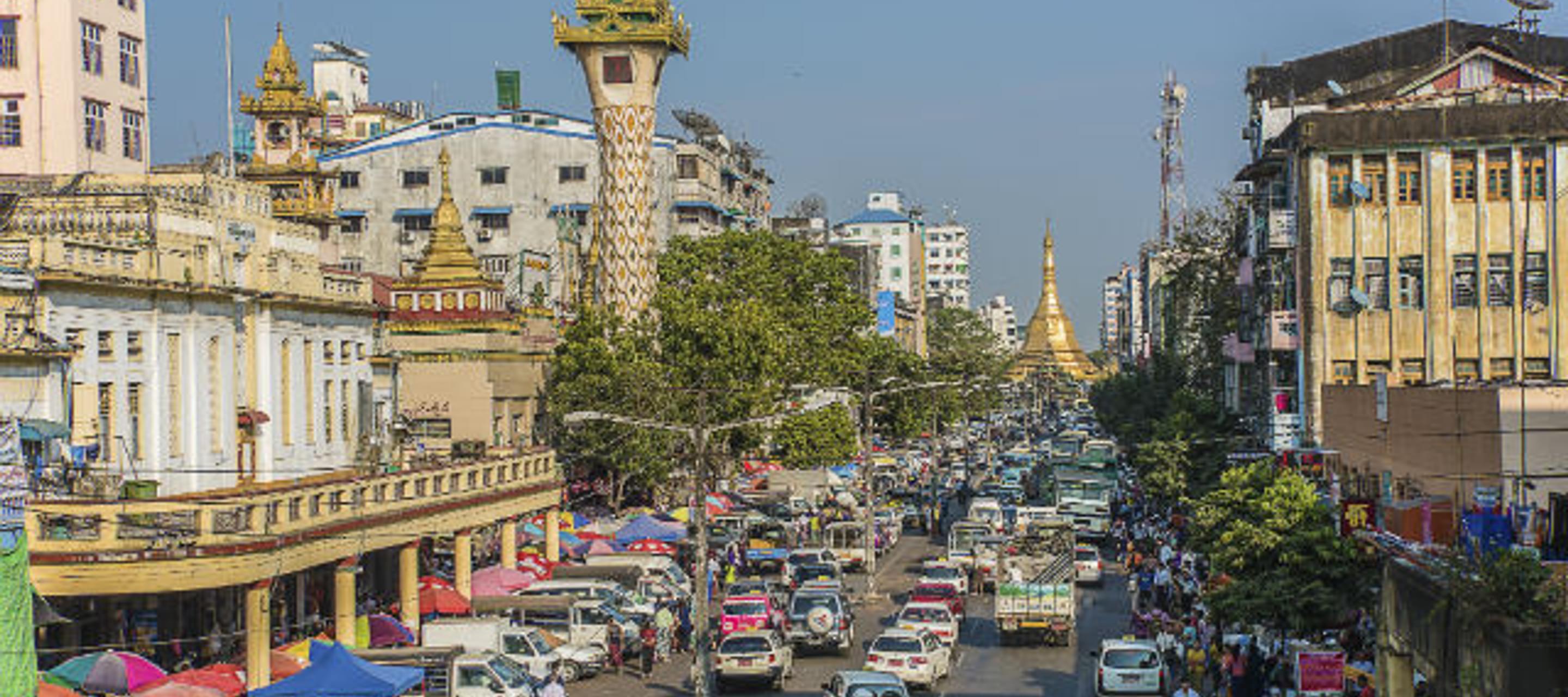2013 Consultation on Revised U.S. Reporting Requirements on Responsible Investment in Burma/Myanmar
25 March 2013

In May 2012, the US President announced the decision to ease certain financial and investment sanctions on Burma/Myanmar in response to the democratic reforms that have taken place in that country over the previous twelve months.
In July 2012, the U.S. Government implemented these changes to permit the first new U.S. investment in Burma/Myanmar in nearly 15 years. These changes included certain restrictions on investments into the country, due to continuing concerns about the protection of human rights, corruption, and the role of the military in the Burmese/Myanmar economy. They also incuded a first of its kind set of reporting requirements aimed at promoting greater transparency and encouraging civil society to partner with our companies toward responsible investment.
In October 2012, IHRB made a detailed submission in strong support of this first iteration of the Reporting Requirements.
The U.S. Government has now opened for public consultation a revised set of Reporting Requirements. The current draft remains largely aligned with the past draft. In this submission, IHRB notes several improvements to the revised Reporting Requirements and offers some suggestions for final revisions.



